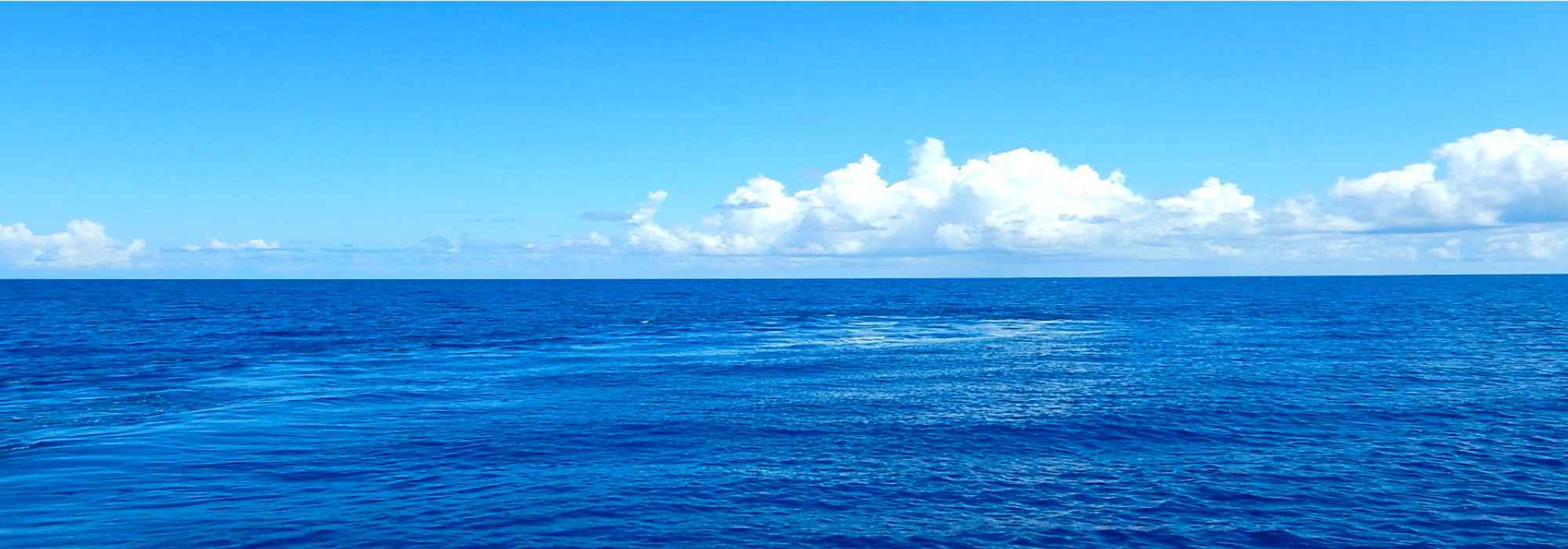Action and Movement > Cutting and Breaking
59 Entries
Tuvaluan
日本語/English
Notes
'kati
v.
cut
動
切る
'kati te keke: cut the cake. [E] cut
'kati te keke:ケーキを切る.[英] cut
'fole
v.
peel; strip
動
剥く
果物,野菜,動物の皮などを剥くことを指す.
folefole
v.
peel; strip
動
剥く
果物,野菜,動物の皮などを剥くことを指す.
sifi
v.
peel; scrape
動
剥く;こすり落とす
特にジャガイモなど芋の皮を剥くことを指す.
pakū1
v.
1. fall down
動
1. 倒れる
v.
2. cut down (a tree)
動
2. (木などを)切り倒す
n.
3. thud
名
3. ドスンという音
[参]fakapakū1
